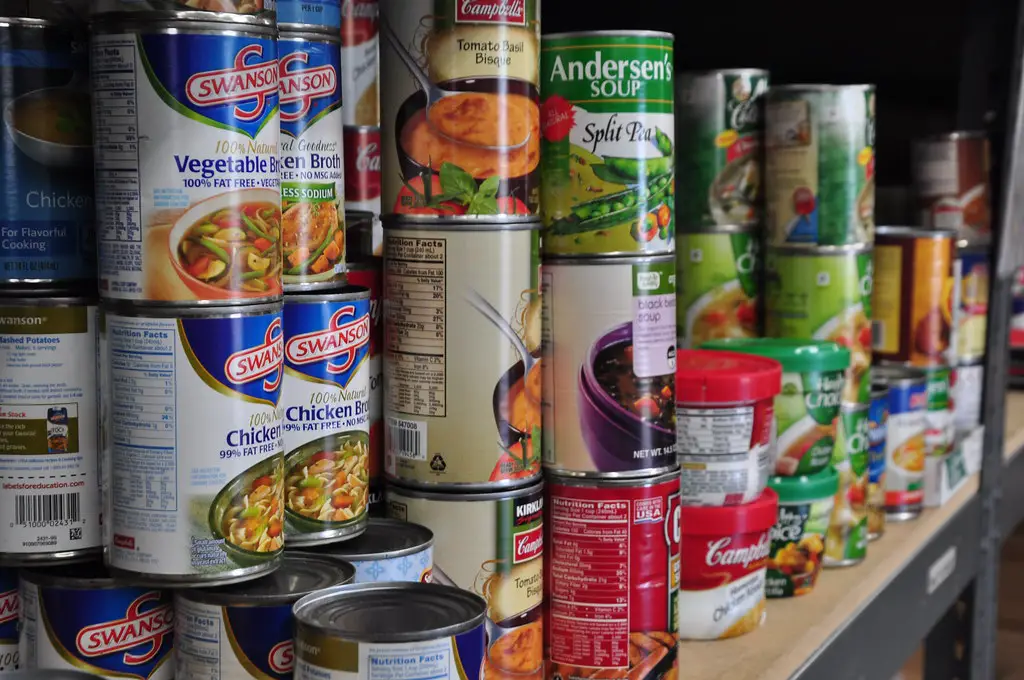Nearly half of the students in seven community colleges that make up the City Colleges of Chicago (CCC) system don’t have enough food to feed themselves, a new survey, conducted by The Hope Center at Temple University, revealed.
The center electronically surveyed nearly 3,000 students at CCC colleges in the fall of 2018 and found that in the 30 days preceding the survey, approximately 44 percent of students experienced food insecurity, with 17 percent assessed at a low level and 26 percent at the very lowest level of food security.
Half of those surveyed reported that they did not have enough money to buy balanced meals, with 12 percent not eating for at least one whole day during the month prior to the survey. 36 percent also reported that they cut down on the size of their meals or skipped meals for financial reasons.
The survey uncovered that food insecurity is prevalent among 55 percent of Black students, which is 15 percentage points higher than the rates for Hispanic or Latinx students, and 20 percentage points higher than rates for students identifying as white or caucasian.
Students who are considered independent from their families, have children, or who have served in the military are more likely to experience food insecurity as well.
Nationally, data collected from 30,000 college students found that approximately half of two-year and four-year students are food insecure, a study conducted by the University of Iowa and Temple University researchers found. Another 2018 study found that 36 percent of the college students experience hunger.
Many of today’s college students are also grappling with other insecurities, including housing and homelessness. 54 percent of respondents experienced housing insecurity, not being able to pay the full amount of their rent or mortgage, their full cost of utilities, having an account default or go into collections, or from experiencing a rent or mortgage increase that made it difficult to pay.
Only 15 percent of respondents, mostly transgender students and students who do not identify as female, male, or transgender, reported experiencing homelessness and temporarily staying with a relative, friend, or couch surfing.



